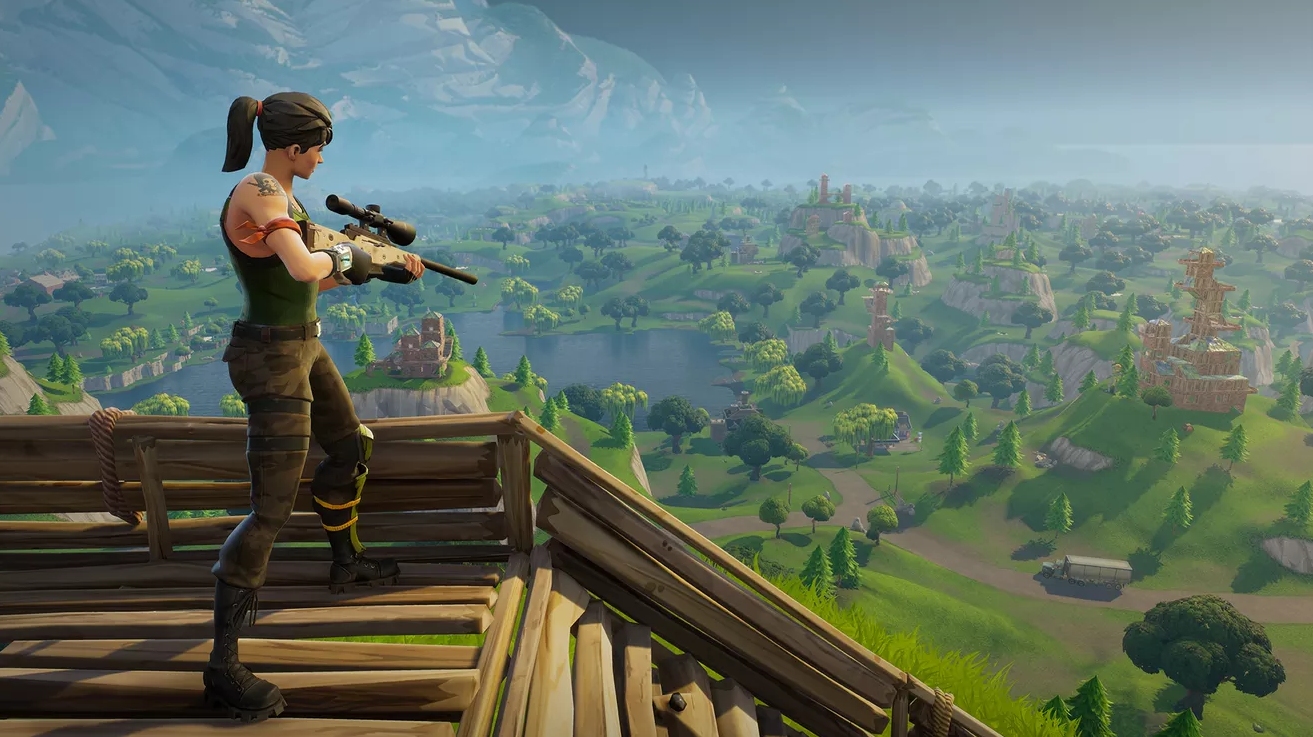The big picture: Virtual goods are viewed by many as a status symbol. Decking out your character in rare rags is no different to today's youth than dressing in name-brand clothes was during my teen years. It didn't make you any more or less of a person, but boy did it sure make you feel like you were something special.
One of the keys to Fortnite's rise in popularity and continued success is the fact that it's free to play. Publisher and developer Epic Games still makes an absolute fortune off the game by selling cosmetic goods which apparently are coveted far more than you might expect.
Polygon in a recent feature highlighted a shift in the game's perception among younger players. Rather than serving as a competitive title with a focus on survival, Fortnite for many kids is a digital playground - a place to hang out and spend time socializing with peers.
As is the case with physical playgrounds, Fortnite's digital space is ripe with bullies. And just like in the real world, one's outward appearance can be a prime target for teasing.

In Fortnite, one of the easiest ways to draw ire from others is to have a standard, or "default," character. Some genuinely believe that having a sophisticated in-game costume - one that almost always comes at a financial cost - says something about your skill level. It's absurd, sure, but tell that to an impressionable pre-teen.
Guy Diep, father to an eight-year-old, told Polygon that his son has asked for money to buy cosmetic goods in Fortnite to avoid the stigma of being labeled a default. Diep viewed the request in a different light. "To translate him, he's actually saying: 'I NEED this [skin] because of my lack of self-esteem and confidence.'"
Twitter user Travis Manley told the publication that his 10-year-old is obsessed with buying skins. Manley said he plays the game with basic costumes to demonstrate that skins don't reflect in-game abilities but still, his son genuinely believes otherwise.
